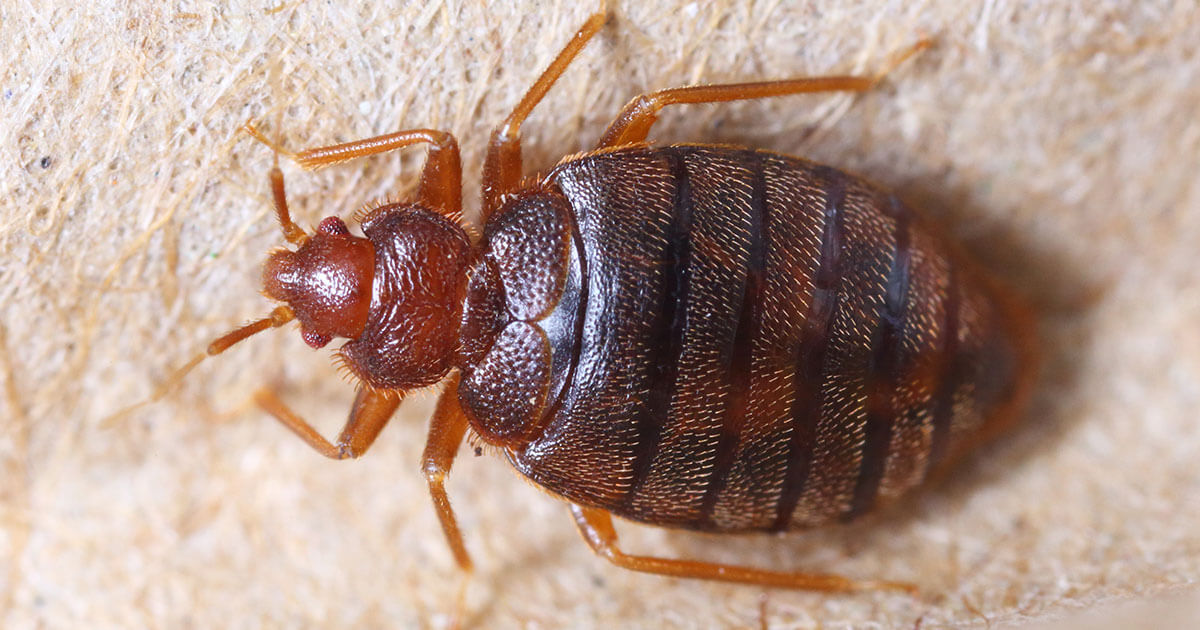
Bugs are common in homes all over the world. With the mild winter we’ve had, it’s likely that even more of them have made their way inside and settled down in your home to hibernate for the season. Cockroaches, ants, termites, and fleas are just some bugs that live in our homes and crawl among us unnoticed by most people, mostly because we don’t want to know that they’re there. While these bugs don’t hurt us on purpose, many of them can be harmful to our health if they contaminate food or spread germs through their bites or saliva.
For a start, you might want to find out what types of bugs live in your home. There’s no point fighting a bug infestation if you don’t know exactly what type of critters you’re dealing with.
Rodents
There are a few types of house rodents that get into our homes—mice, rats, and squirrels—and they can pose major health risks. Mice carry salmonella, while rats can spread typhus fever. There is also concern that they may carry leptospirosis. The worst part? It’s almost impossible to tell if an animal has been infected or not before you come into contact with it. You can get rid of them by setting traps near their entry points and disinfecting regularly where they’ve traveled. But prevention is often easier. You can seal all cracks where animals might sneak through. Keep your home clean, so there isn’t a food source for rodents and use tight-fitting screens on windows and doors.
Cockroaches
Roaches can ruin just about anything, from clothes to furniture. Cockroaches are drawn toward warmth. If you’re concerned about these pests, make sure your home isn’t a haven for them. You should also wipe down dirty dishes as soon as you use them and keep trash cans tightly closed—although bagless cans can be a bit of a siren song for cockroaches since they like scurrying around inside them. You can also use bug sprays and apply them to spots where you spot them regularly.
Spiders
Generally, spiders are not harmful. Most of them won’t even bite humans— even when provoked. If a spider does bite you, it will leave an itchy red mark. However, if your symptoms worsen or do not subside within a few days after being bitten by a spider, seek medical attention immediately. There are spiders at home that can be poisonous, so don’t take any chances! Here is what you should do: Stay away from them. Don’t provoke them, and try to seal cracks/holes that let outside insects into your house. Use screens on doors and windows and vacuum regularly, especially corners where crumbs gather.
Garden Pests
More than likely, several bugs have taken up residence in your garden. You might not see them, but they’re there. Try looking for dark spots on leaves or other plants. If you see a lot of them, it could be an indication that you have aphids. Aphids are tiny green bugs that live off plant sap and can potentially cause damage to your garden if left untreated. There can also be pests hidden in your trees—such as wasps—that build nests on branches. You may even notice ants scurrying around your potted plants or digging into cracks in walls near outdoor areas. There are professional tree services available to get rid of trees and plants that pose safety risks to your property. To avoid infestations in your home, take note of where pests seem to congregate before deciding what step is best for eliminating them.
Fleas and Ticks
The most common parasites that inhabit homes are fleas and ticks, which come from small animals like pets. For homeowners, treating an infestation of these critters is not just an annoyance—it can pose a health risk as well. If your home is overrun with these vermin, your best bet is to immediately contact a pest control specialist. It will ensure they’re removed properly and give you peace of mind knowing your family and pets are safe from disease or infection. Get rid of these pests with essential oils or other natural remedies before they spread and start infesting your home.
Mites
These tiny bugs can be found anywhere, but they’re most common in areas with a lot of dust. They can survive without food for more than 100 days, making them difficult to get rid of. Fortunately, these parasites are harmless to humans, but they may trigger an attack if you’re allergic or have asthma. Call a professional exterminator immediately if you spot signs of mites—tiny dots on sheets or skin rashes.
If you live in a house, you’re going to have some unwanted guests from time to time. However, there are many non-harmful ways of dealing with them. Insecticides will kill everything, but if you don’t want that kind of collateral damage, consider contacting a professional exterminator or employing some do-it-yourself measures like dusting with boric acid powder.
